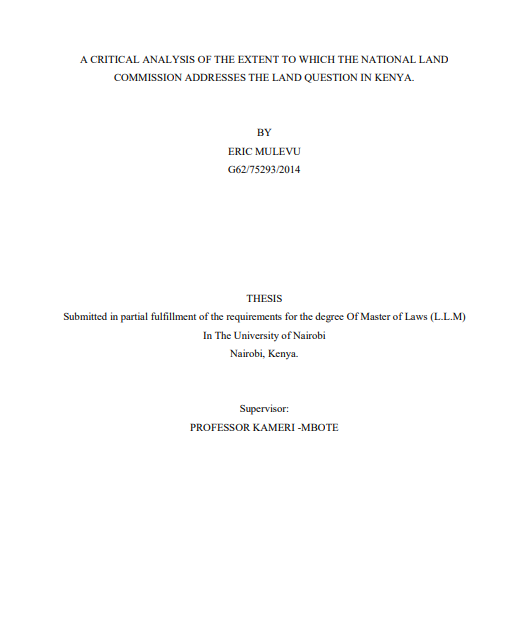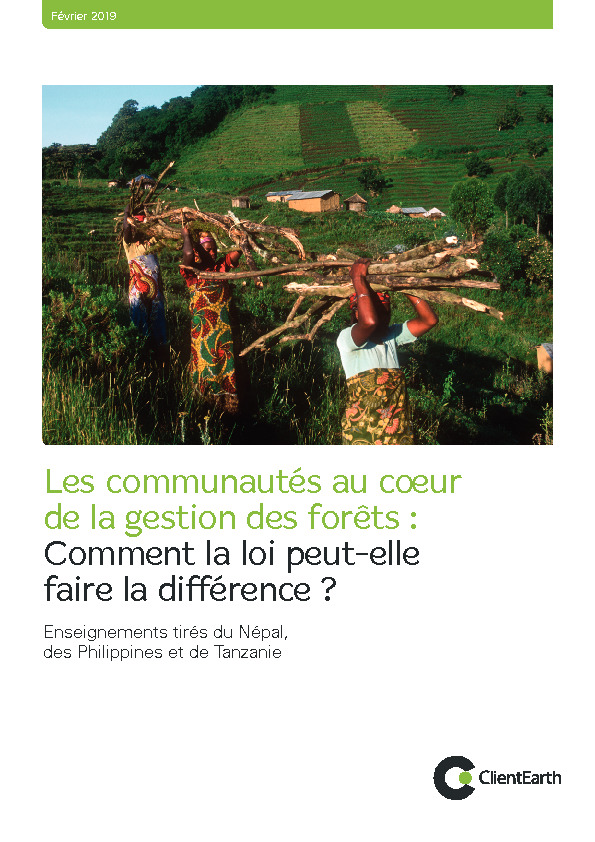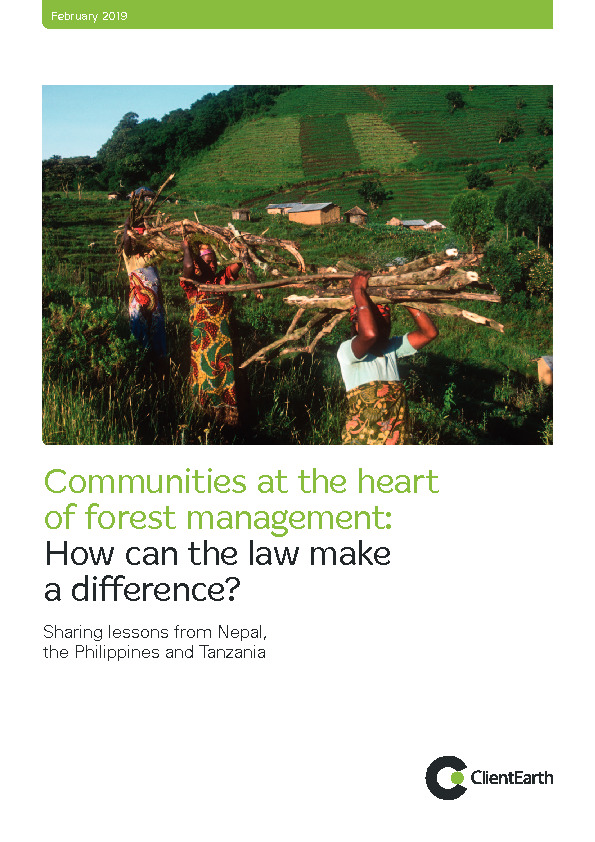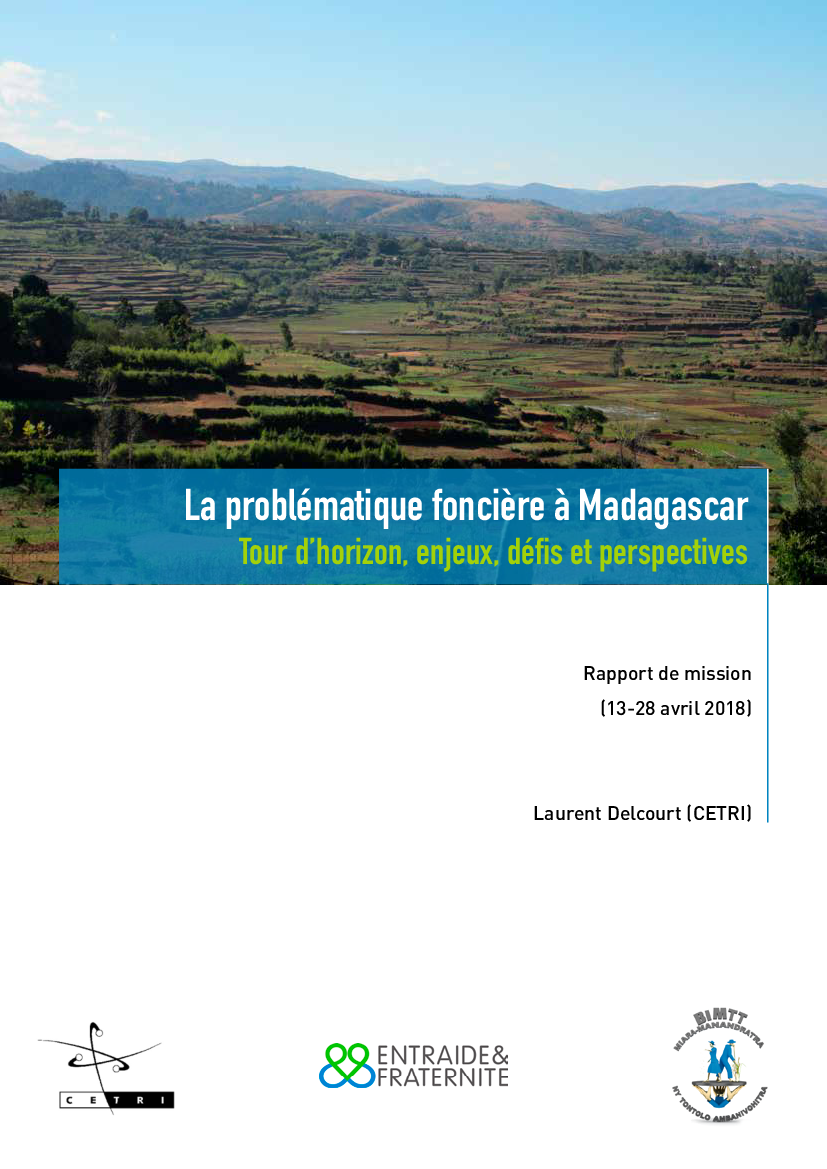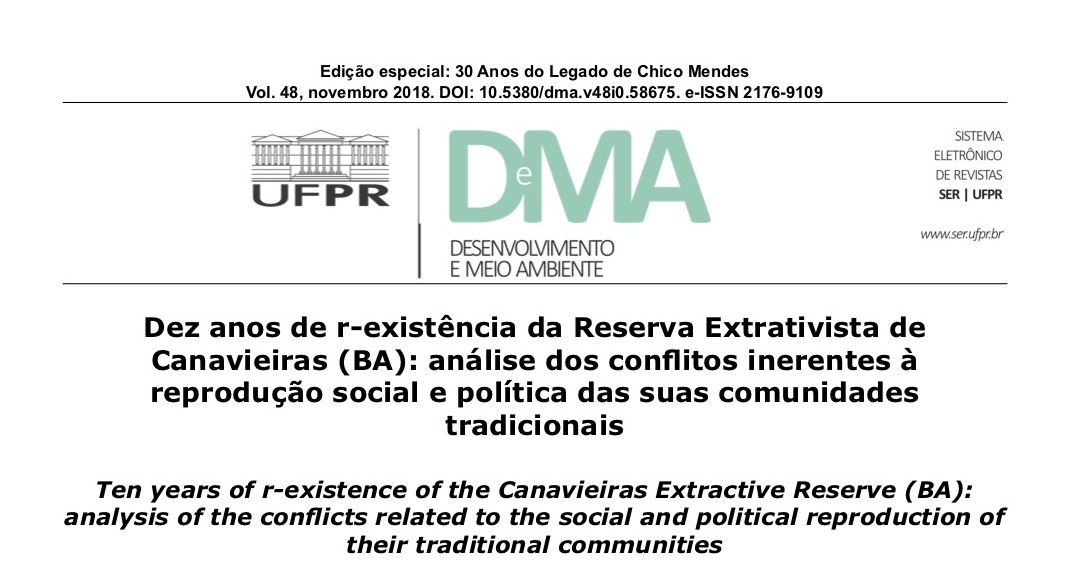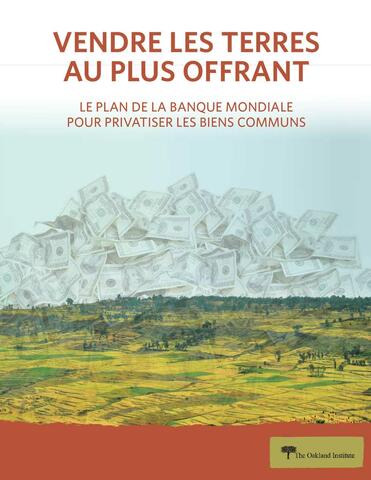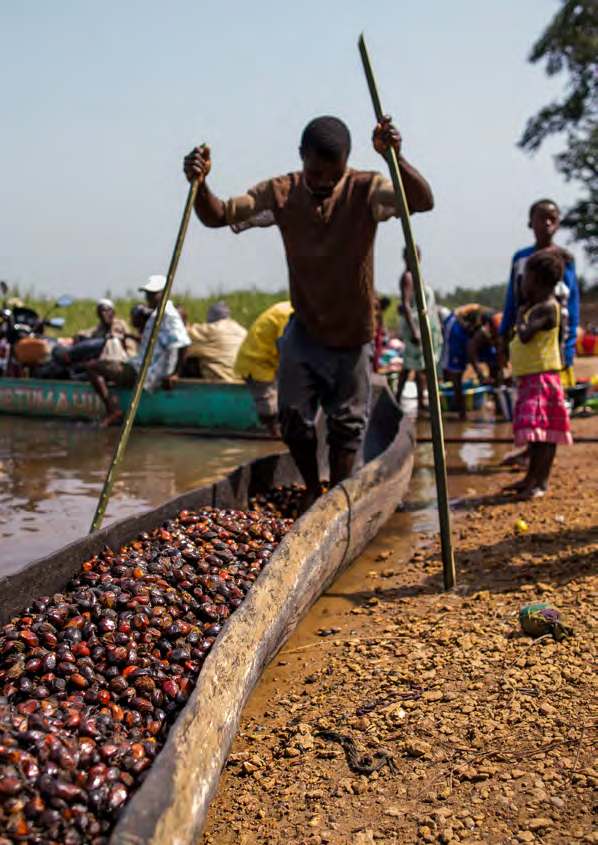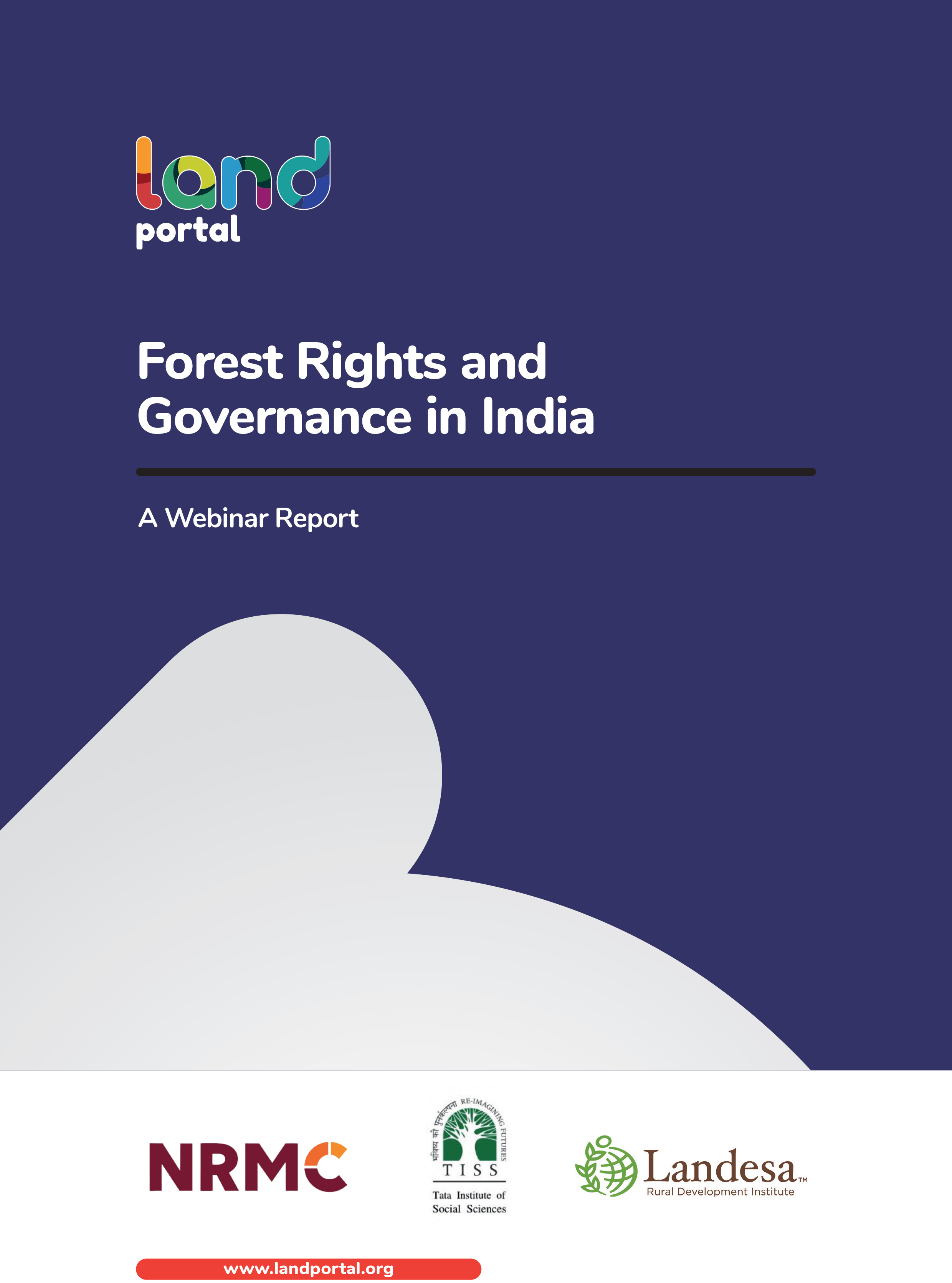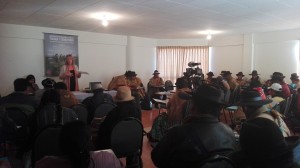Who owns the world's land? A global baseline of formally recognized indigenous and community land rights
In recent years, there has been growing attention and effort towards securing the formal, legal recognition of land rights for Indigenous Peoples and local communities. Communities and Indigenous Peoples are estimated to hold as much as 65 percent of the world’s land area under customary systems, yet many governments formally recognize their rights to only a fraction of those lands. This gap—between what is held by communities and what is recognized by governments—is a major driver of conflict, disrupted investments, environmental degradation, climate change, and cultural extinction.


